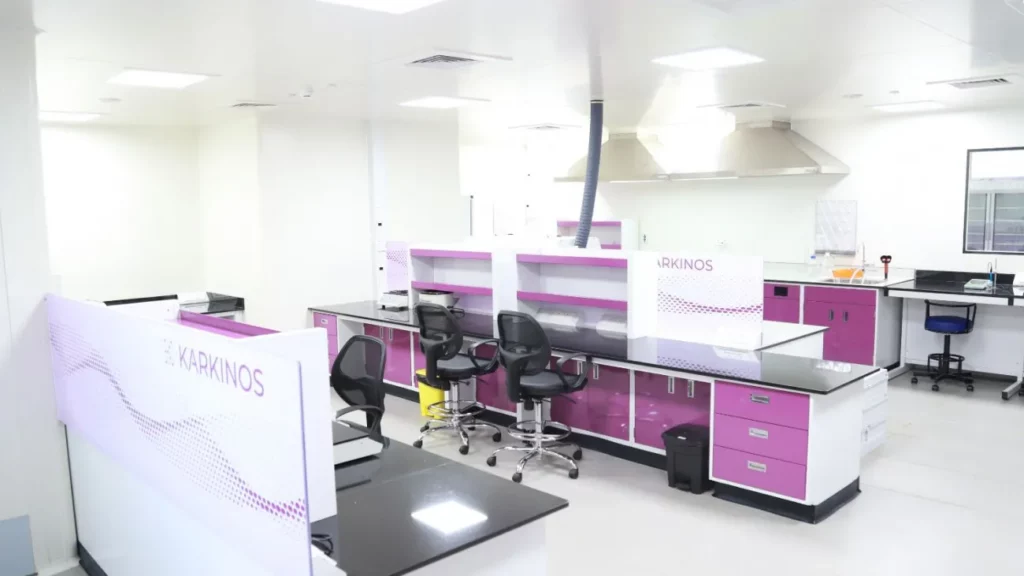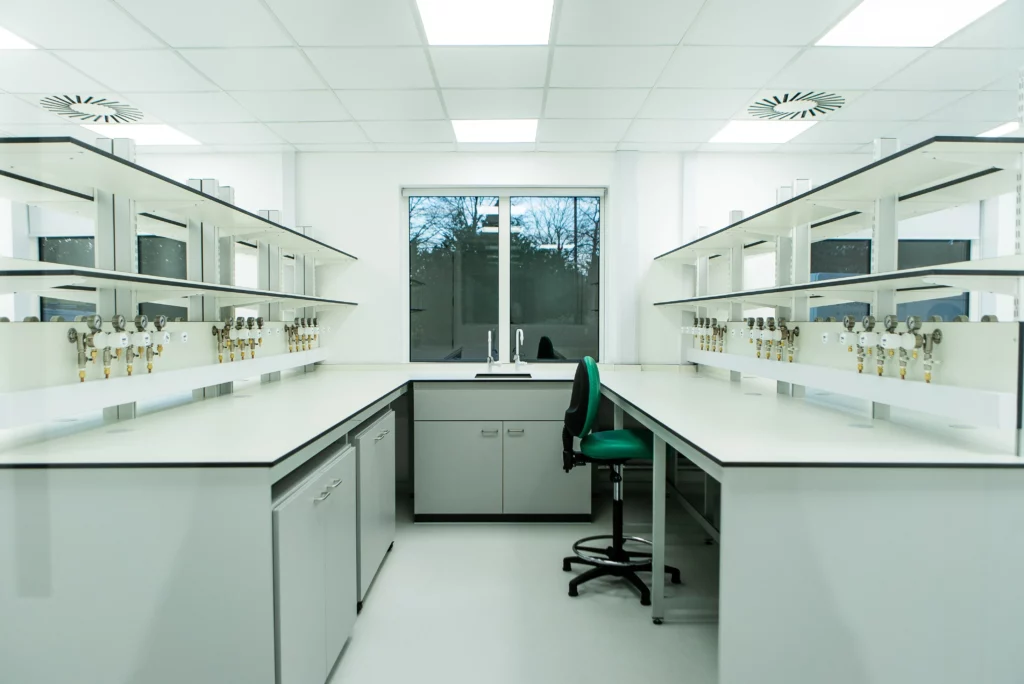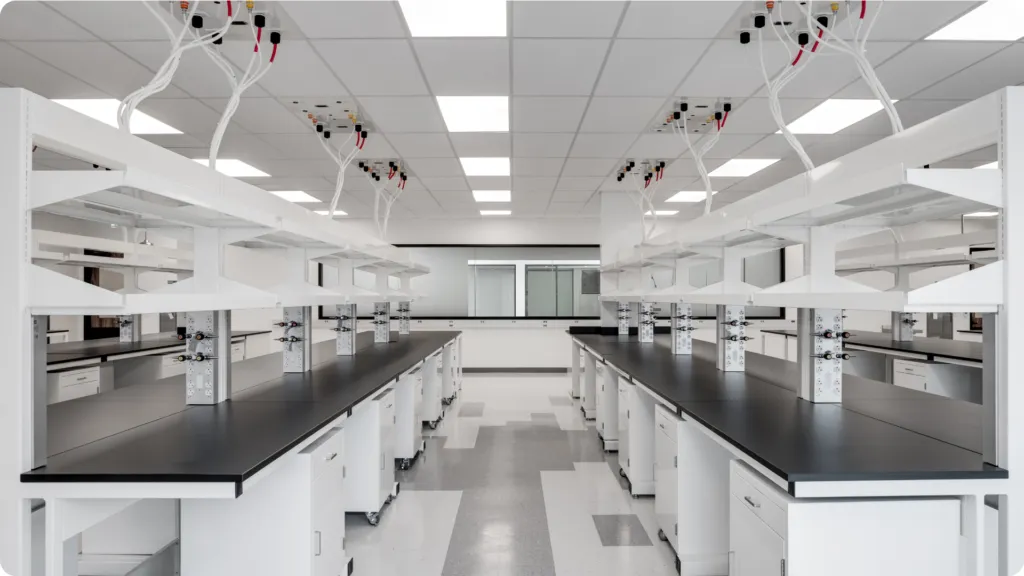Learn top 10 tips for Setting Up a Genomic Lab in Kerala. Equipment selection Kerala Labs will take you through the equipment selection procedure. Compliance Kerala Labs will offer you through the compliance procedure. Get in touch with us to receive the help of experts!
The institution of a genomic laboratory in Kerala has an enormous potential, considering the increasing scientific fraternity in the state and the emphasis laid on biotechnology. You can be in Trivandrum or Thrissur and Kochi, but a well-designed lab can make you a genetic research and diagnostics leader. Nonetheless, a detailed planning process is necessary, including the choice of the cutting-edge equipment or compliance with the regulations. We have assisted many of our clients in their establishment of the state of the art genomic facilities at Kerala Labs. The 10 best tips in doing so are as follows.
1. Define Your Lab’s Purpose and Scope
The first step is to determine the focus of your lab whether it is genetic testing, research, or genomic sequencing. A defined objective defines what you require in terms of equipment and space requirements. As an example, a diagnostic laboratory in Trivandrum could set the priority on high-throughput sequencers, whereas a research laboratory in Thrissur could be interested in CRISPR technology. Set your objectives so as to avoid unnecessary expenses.
2. Choose the Right Location
Labs with controlled environments are necessary to ensure that the climate of Kerala is humid. Choose a place where there is power supply backup, water and close to an institution of learning or a hospital. The Tech hub of Trivandrum or the industrial areas of Kochi would be ideal. Make sure that your location will accommodate growth of your business.
3. Invest in Quality Equipment
The genomic labs will be based on accurate instruments such as next-generation sequencers (e.g., Illumina), PCR machines, and bioinformatic software. Established suppliers can be partnered with and 40-50 percent of your budget can be spent on equipment. Kerala Labs is able to suggest vendors and assist with the best bargains.
4. Ensure Regulatory Compliance
Genomic laboratories in India have to adhere to the ICMR and DBT regulations. Get the licenses such as bio-safety certifications and comply with waste disposal standards. It can be simplified by our team at Kerala Labs who would save you on time and make sure it is legal.
5. Design an Efficient Layout
Planning a layout that is workflow effective. Experimental (Separate wet lab) and data analysis (Separate dry lab). Add ventilation, lighting as well as safety areas. An efficient layout enhances performance- architects who have been working with labs will make the best designs.
6. Hire Skilled Personnel
Hire specialists in genomics and bioinformatics and lab government. The talent pool of Kerala, particularly the institutions such as IIT Palakkad is a treasure trove. Compensate and train the best employees to keep them and secure the success of your laboratory.
7. Implement Robust Safety Protocols
There are hazardous materials of genomic work. equip with fume, emergency showers, and fire suppressors. The personnel should be trained to deal with biohazards and conduct frequent safety inspections. Credibility and client trust can not be compromised on safety.
8. Leverage Local Partnerships
Cooperate with the universities, the research institutes, and the healthcare providers in Kerala. Joint venture will finance projects, give resources and will boost your image. Kerala Labs will lead to an introduction to major area stakeholders.
9. Integrate Advanced Technology
Learn to be ahead of the pack with cloud data storage, artificial intelligence-based analysis, and remote monitoring. These technologies are cost-saving and enhance accuracy, and your lab would be competitive in the emerging biotech market of South India.
10. Plan for Scalability and Maintenance
Plan your lab to be expanded in the future – future-proof (modular furniture, scalable IT infrastructure, etc.). Set timely maintenance of equipment to prevent inconveniences. Kerala Labs is the company that provides continuous service to ensure that your business runs smoothly.




